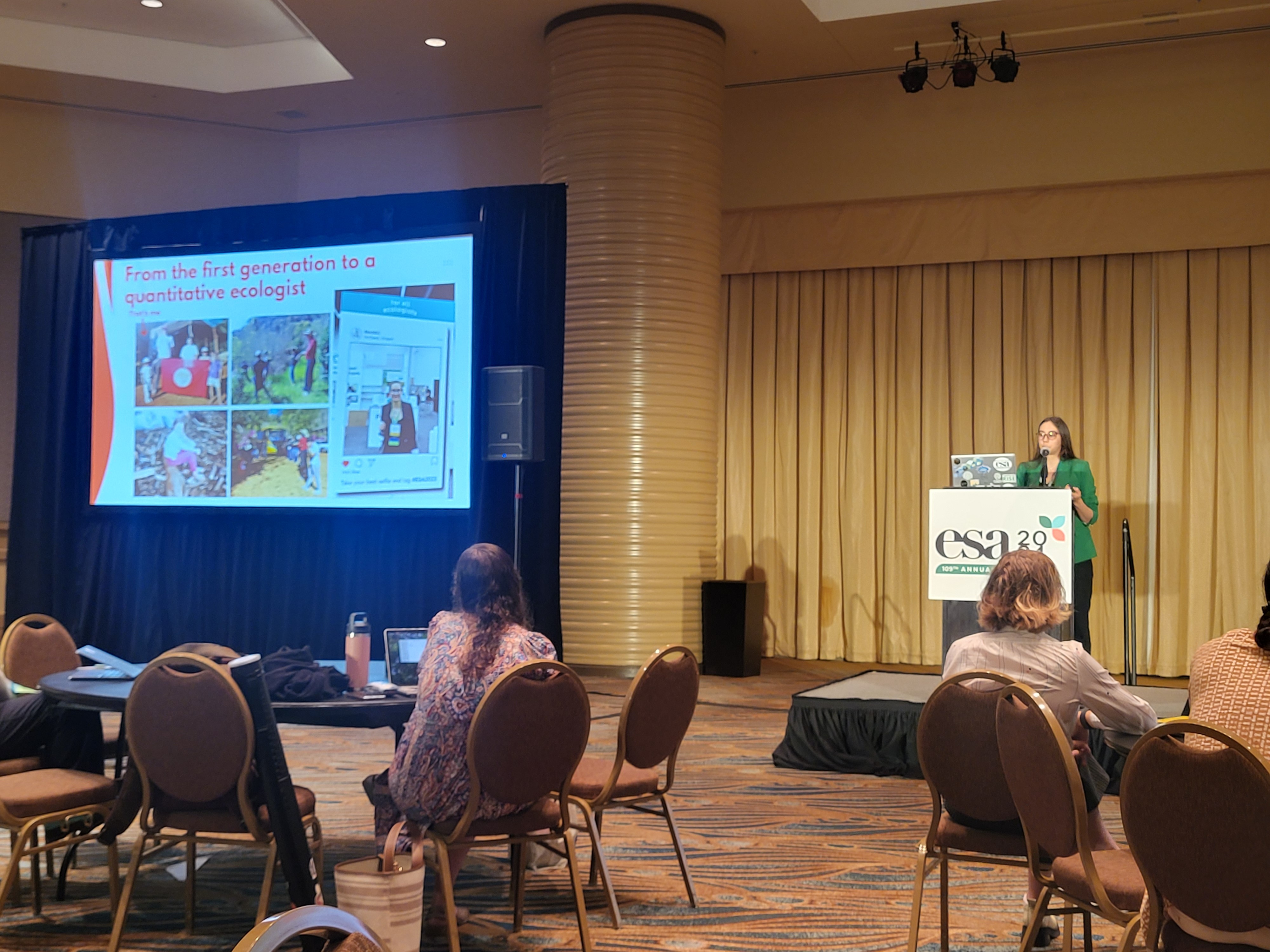Invited talk - Inspiration session
6 de ago. de 2024

Hi :)
Imagine a large land with rich nature and vibrant culture. This is Brazil, a country with a history as complex as its landscape. But behind this beauty, there is a big problem that has lasted since the 15th century: social inequality and land concentration, which started with Portuguese colonization. For centuries, monoculture and slavery have made this inequality worse, creating a big gap between the land-owning rich and the many people who worked the land without owning any of it or having any hope. This history of inequality has shaped Brazil's society and economy, and it has also deeply affected science and education, keeping out marginalized groups. This history set the stage for a big change in 1984 – the Landless Workers' Movement, known as MST. The MST has emerged as a hope for marginalized rural communities, advocating equitable land distribution and better living conditions. This movement started because people needed it and was driven by their strength and determination after being denied their land for so long. Over the years, MST has made remarkable progress. Through the peaceful occupation of unused lands, the movement has settled thousands of families, transforming arid lands into prosperous communities. These families practice agroecology, a sustainable form of agriculture that respects the environment and ensures food security. But the story doesn’t end there. In recent years, under the leadership of the Workers' Party, Brazil has seen an increase in affirmative action policies. These policies have opened doors for underrepresented groups, including many people from MST communities and I am one of the people who have benefited from these affirmative action policies. I am a first-generation student, I had the opportunity to pursue a public higher education and become a quantitative ecologist. This would not have been possible without the inclusive policies that provided me with the resources and support needed to conclude it. My path from a small rural area to where I am now, doing my post-doctoral, directly results from the positive impact of MST and affirmative action policies. MST families work with agroecology. They are real people with dreams, aspirations, and a commitment to creating a better future for their families and children. Through agroecology, they not only sustain their families but also promote environmental sustainability and help conserve local biodiversity. My family works in agroecology, and our story shows the positive impact of land reform and inclusive policies. The MST is a great example of how social movements and government can work together to improve the lives of underrepresented groups. The MST shows that people from very poor backgrounds can achieve great things with the right support. To decolonize and diversify science, we need to recognize and fix the past exclusion of marginalized groups. This means using affirmative action policies to give everyone equal access to higher education and creating supportive and inclusive environments in schools and universities. In conclusion, my journey from being landless to earning a Ph.D. in Ecology is not just my story. It's a story of hope and transformation. The MST and affirmative action policies in Brazil have shown that we can make things better and build a more inclusive society. Together, we can create a world where everyone, no matter their background, has the chance to thrive and contribute to science and society.
Thank you!